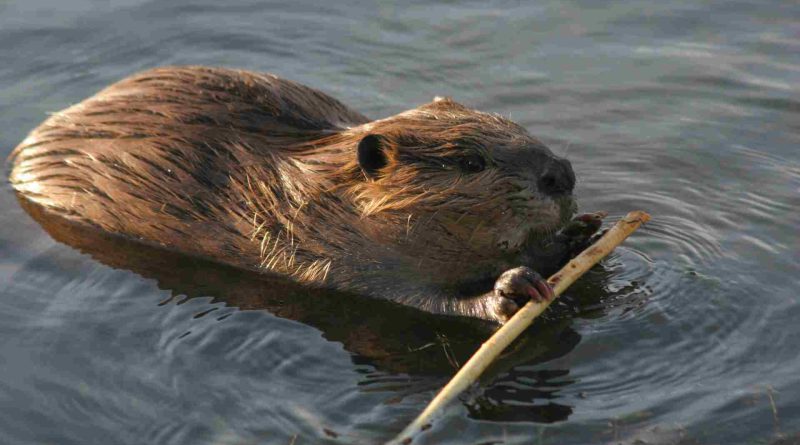Beaver Revival: Restoring England’s Rivers
In a tentative move, beavers are set to make a comeback in England with legal safeguards.
The government is initiating a consultation following a triumphant trial in Devon, considering more reintroductions to the wilderness.
Under government proposals, beavers will find their way back into English rivers, marking a cautious step towards reestablishing these semi-aquatic creatures in their native habitats.
Moreover, these native creatures will receive legal protection in England. Any deliberate attempt to capture, harm, or disrupt their existence, along with damaging their breeding or resting sites, will constitute an offense, reflecting the efforts to aid their resurgence.
As part of the consultation process, aspiring releases of beavers into the wild would necessitate adherence to specific criteria, including garnering local support and ensuring cooperation from landowners and river users.
Beavers, renowned for their role as natural architects in wetland ecosystems, engage in dam-building and tree felling, thus facilitating water regulation, habitat enhancement, and biodiversity promotion. Their activities attract various wildlife species and mitigate downstream flooding.
Once hunted to extinction in Britain during the 16th century for their valuable fur, glands, and meat, beavers have started a gradual return, notably inhabiting the River Otter in Devon, thanks to a successful official reintroduction trial. Illegal releases or escapes have also led to their presence in other English rivers.
Additionally, beavers have been introduced into enclosures across several English counties to aid in flood management and habitat creation for wildlife.
While conservationists advocate for the reinstatement of beavers to revive wetland ecosystems and mitigate climate impacts, such as flooding, concerns have been raised by landowners regarding potential local ramifications.
The Department for Environment, Food and Rural Affairs is commencing a 12-week consultation on further wild reintroductions and the management of existing populations in England, adopting a cautious stance, as emphasized by Environment Secretary George Eustice.
The consultation seeks input on prospective wild releases, ongoing and future enclosure introductions, and the management of beaver activities in the wild, including areas like the River Otter and other habitats where beavers have settled.
Proposed criteria for wild reintroductions stress the importance of positive stakeholder engagement, local consensus, and comprehensive impact assessments on surrounding lands, waterways, infrastructure, and species.
Furthermore, projects must ensure adequate support for landowners and river users.
The government has announced plans to enforce legal protection for beavers in England, effective from 2022.
Rob Stoneman of the Wildlife Trusts underscores the significant benefits that beavers offer to river quality, wetland ecosystems, and biodiversity, emphasizing their role in flood mitigation and carbon sequestration.
However, he warns of the necessity to manage beaver activities as their populations expand. The Wildlife Trusts pledge to responsibly oversee the return of beavers.
Eva Bishop from the Beaver Trust welcomes the government’s initiative as a crucial step towards beavers’ recovery in Britain, stressing the importance of consensus-building for their successful reintroduction.
Professor Alastair Driver of Rewilding Britain highlights the potential of beavers in catalyzing countryside rewilding efforts, essential in addressing nature and climate crises.
These measures are specific to England. While beavers have also made a comeback in Scotland, they are subject to legal protection since 2019, albeit with provisions for controlled culling in case of farmland damage.

